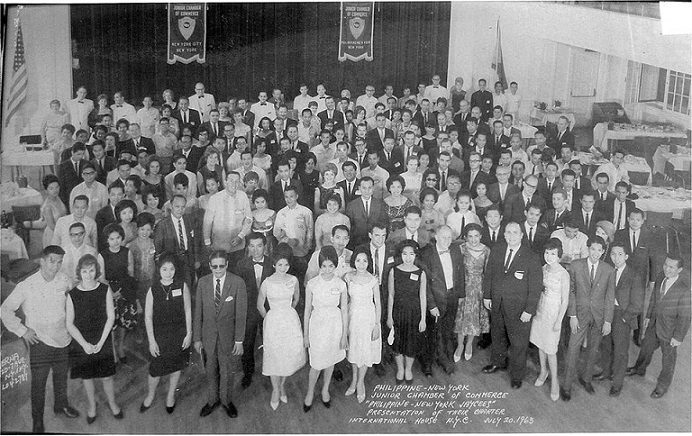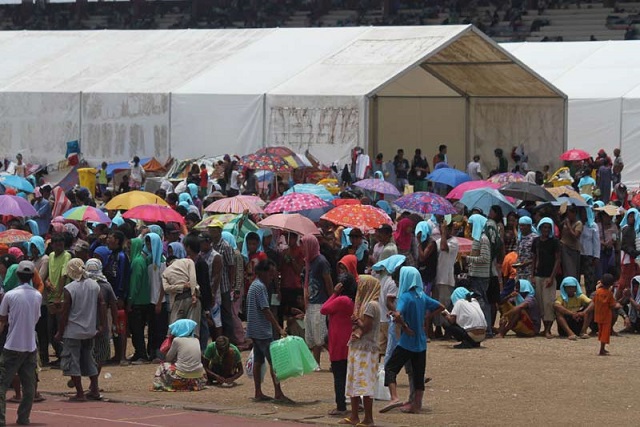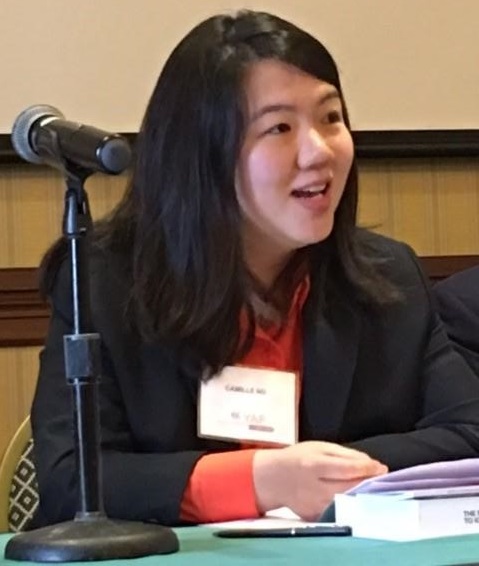Shame on the Church for obstructing RH bill
By Ludy A. Ongkeko, Ph.D.
Has the position taken by President Aquino (P-Noy) on the Reproductive Health Bill (RH) No. 4244 morphed into the Church’s open war against him? Has the bill, which is awaiting further action in the august halls of the Philippine legislature, become a weapon of the Church against P-Noy?
Flashback to what happened 14 years ago: When it first came about, the RH issue was described as one in dire need of approval; even then, it was already the subject of opposition by the Church.
The SONA just delivered by the Chief Executive, touched on ‘responsible parenthood’ as a way through which RH had to be brought to the fore. President Aquino said, “Responsible Parenthood can help address the shortages in the education sector as the student population increases.” It was learned that the P-Noy reference on the RH earned the “longest, the loudest applause” among the listeners and guests of SONA.
Consensus zeroed in on the president’s renewed and categorical endorsement of the enactment of the RH and responsible parenthood which complements his determination to solve education’s backlog and ills in the crusade against population pressure.
Very recently, the Sunday issue of the Los Angeles Times carried on the front page: “A Church’s Choice.” What was empathic: “The vast majority of Filipinos – many in dire poverty – want access to contraception. Catholic clerics stand firmly opposed.”
What else could be more pronounced in referring to the Church’s stand?
Devoting prime space to what is obtaining on the Philippine scene as it focused on Manila’s Dr. Jose Fabella Memorial Hospital, the newspaper’s information on 17,000 babies being born annually and the medical director’s affirmation stated: “It is like an assembly line. It never stops.”
One young mother’s story described the degree of her impoverished state. She and her husband with no known sources of reliable financial support, continue to be beleaguered in bringing up their eight children as they struggle to put body and soul together each single day amid their worsening situation. Woefully, “access to birth control in the Philippines,” has been known as ‘mostly limited to those who can pay for it.’
There is no Filipino today in his/her right mind who will oppose the RH bill. Its objective to communicate and inform has been garnering full support and commitment from advocates who thoroughly believe in and espouse responsible parenthood. RH is all about the right to sexual and reproductive health, gender equality, equity and empowerment of women’s universal access to reproductive health care services, methods, devices and appliances.
Basically, the bill calls for public education about contraceptives and government subsidies to make them available to everyone.
One of the strong advocates of RH is the health department of the country, which has foretold that RH would reduce maternal and health deaths. The rise of teenage pregnancy, from 14 percent to 19 percent, is traced to the neglected state of sex education and has led to higher numbers of maternal deaths. There has been a rise in illegal and unsafe abortions coming from the sad reality: “Babies having babies.”
Reportedly, during the past 14 years, Catholic bishops in the Philippines have been stalling passage of the bill as they adhered to what they called “Vatican” dictates. Bishops were vocal in their opposition to artificial measures to avoid and prevent pregnancy, sanctioning only natural means such as periodic abstention from sex.
This columnist is certain she is not the only Filipino Catholic who is in a state of discomfiture stemming from the vigorous position that her church has taken on birth control. After living on these shores close to five decades, she has not heard priests raise the subject. Parishioners know best; they need not be lectured to by their parishes on the pluses and minuses of family planning.
In the homeland, the Church’s message has gone to great lengths to discuss how the poor and illiterate face their fate: a future of poverty, misery, hopelessness and what stares at them: higher rates of abortion. What a shame! A crying shame! The translations are there for the messengers of the Church to see, but do they think about conveying the good that would come out of family planning?
The Church could be a vehicle of goodness and understanding if only its position against RH can be reversed.
As the resistance from the ranks of the bishops goes unabated, evidently, the position of the clerics is clear: The fight against the role of government will continue whether or not RH will be realized as a piece of legislation that the people can rely on as they look forward to receiving help from the government.
Ludy Astraquillo Ongkeko, Ph.D. is a product of two educational systems: the University of the Philippines (public) where she earned her bachelor degrees in science and arts as a college scholar, and the University of Southern California’s Graduate School (private). Her professional career in journalism started at the Manila Bulletin in her native Philippines. “Forty Years of Writing in America” published in 2009 is a compendium of her life in the U.S. as a writer, teacher and mentor.












Amen!